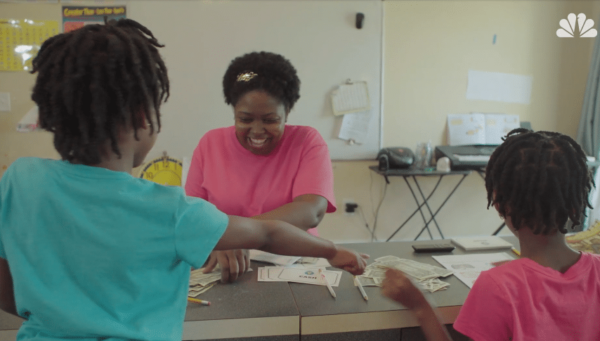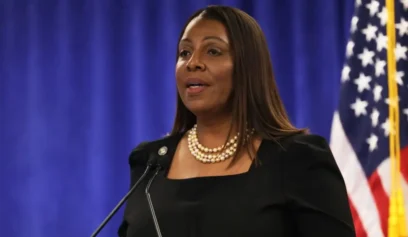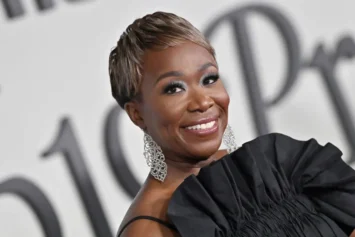A new wave of learning is taking off across the South, as an increasing number of African-Americans are choosing to home school their kids in lieu of the wanting, and often white-washed, curricula taught in public schools.
The National Home Research Institute estimates that nearly 220,000 African-American children are home schooled in the U.S. The lack of focus on African-American history, as well as the disproportionate disciplining of Black students, are big drivers for Black parents who home school.

Sheva Quinn has been homeschooling her daughters since 2014. (NBC News / video screenshot)
“If you look at what happens in public schools, in terms of the curriculum, you could end up thinking African-American history began with slavery and ended with Martin Luther King…,” University of Georgia education professor Cheryl Fields-Smith told NBC News. “And that is just not the case.”
Fed up with the school system, mom Sheva Quinn quit her job and started teaching her kids on her own. Quinn, an Air Force Veteran, said she wanted daughters to go farther in their reading and writing, but the teachers just weren’t hearing her.
Now, she said she plans to home school until her girls until it’s time for college.
“I wanted them to have a solid foundation in African American history and I also wanted them to be very good readers,” said Quinn, adding that she felt home schooling was the best way to educate her children. “There were all these missing pieces and gaps I needed to fill in.”
For some like Fields-Smith, the popularity of home schooling among Black Americans has become a form of resistance or protest. The associate professor pointed to the excessive, and oftentimes harsher, punishment faced by Black students compared to white students when they mess up in school.
According to a University of Pennsylvania study, Black students make up 37 percent of the public school population in Georgia yet account for 67 percent of the students who get suspended.
“The numbers are higher in the South,” Fields-Smith said. “A lot of the institutional policies, such as zero tolerance policies and the way we handle discipline contribute to a sense of a child feeling like a troublemaker.”
Watch more of NBC’s “The Autonomy of Black Home Schooling” below.


